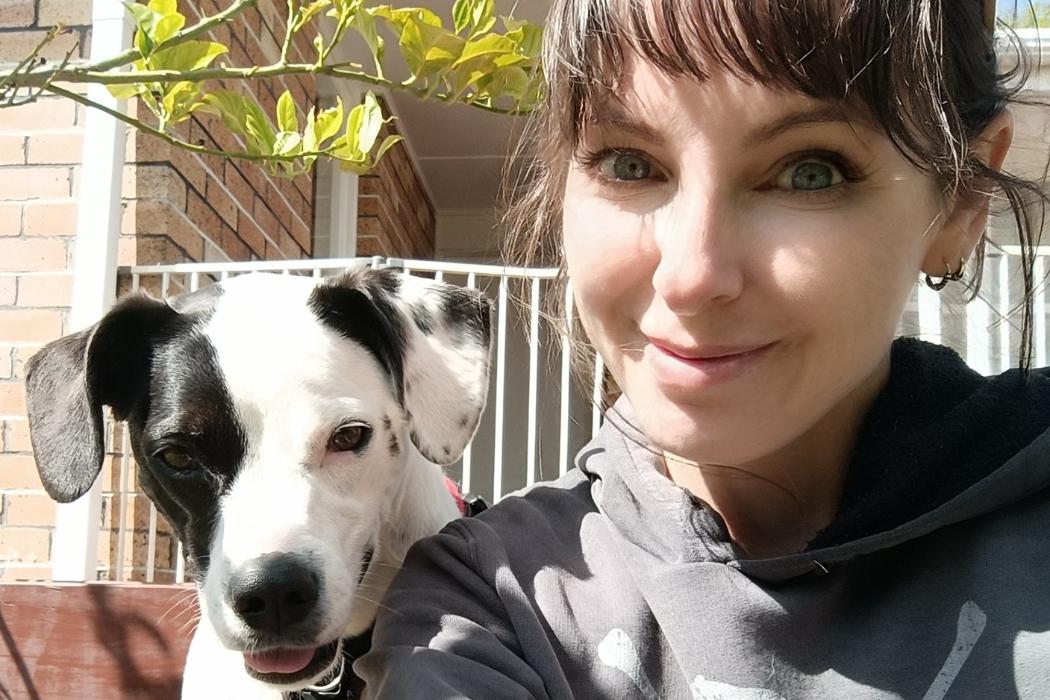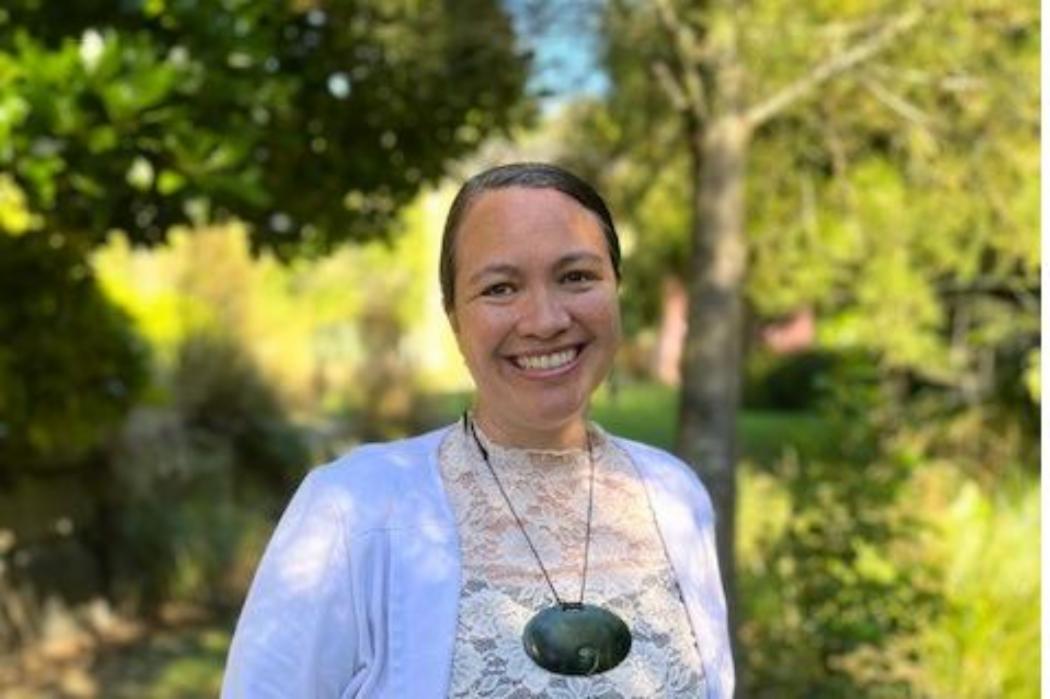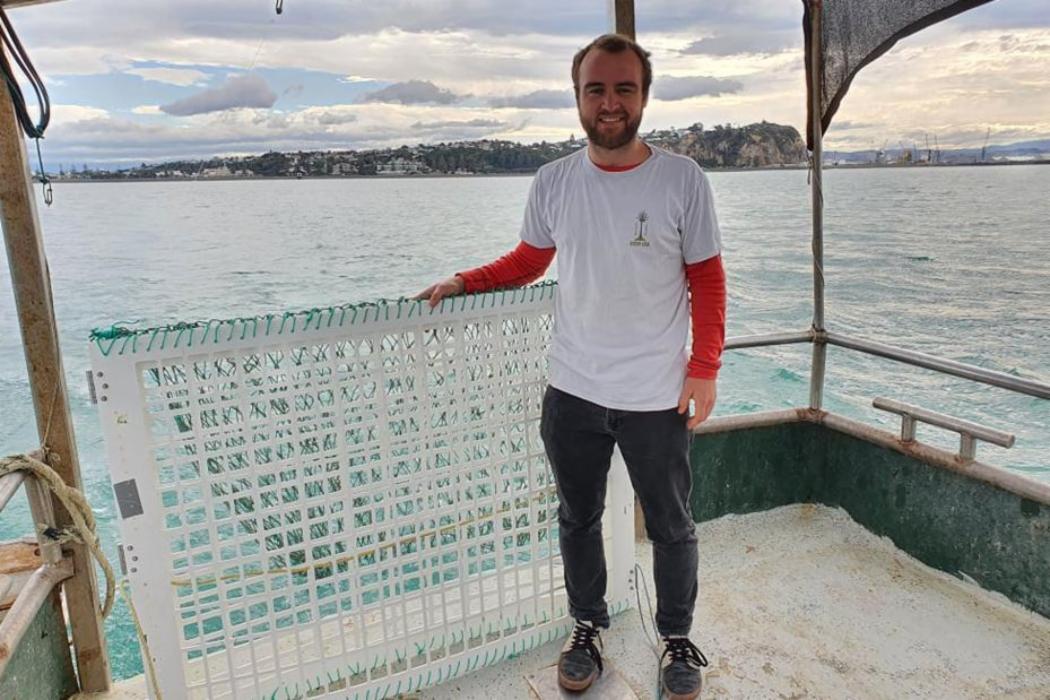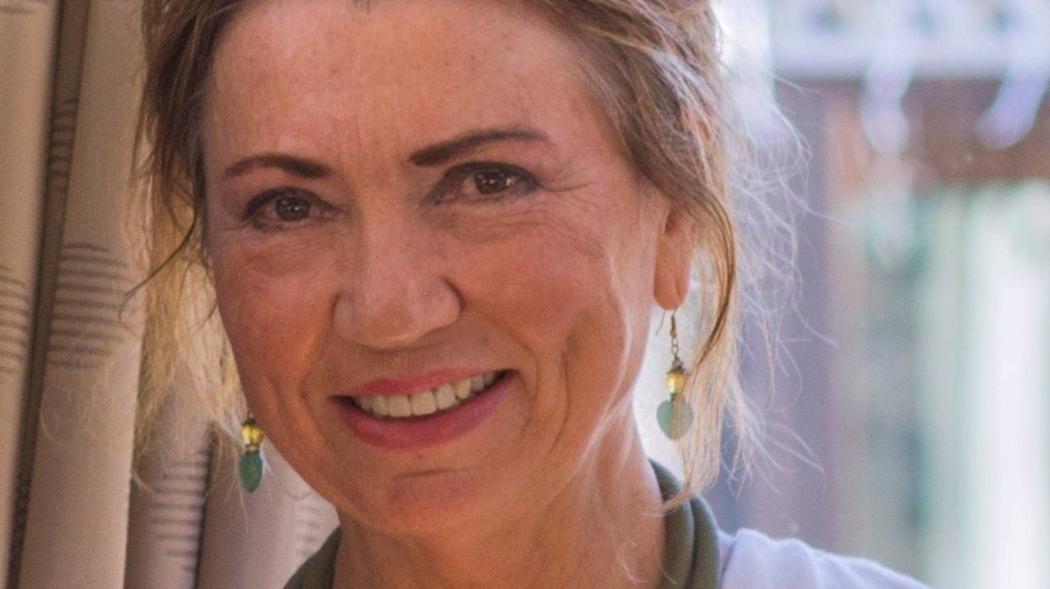Kyeong Tae Kim will graduate with a PhD in Mechanical Engineering from UC on Wednesday 14 April.
Kim will graduate with a PhD in Mechanical Engineering next Wednesday after eight years studying at the University of Canterbury (UC) for his undergraduate and doctoral degrees.
He is looking forward to celebrating the milestone with his family and is proud that his thesis, based on research carried out at Christchurch Women’s Hospital’s Neonatal Intensive Care Unit (NICU) and sponsored by the MedTech Centre of Research Excellence, could be a step forward for pre-term babies.
The results of the pilot study provide evidence that boys could benefit from being mechanically ventilated differently because their lungs are stiffer than baby girls’ lungs.
Premature babies often need help breathing because their lungs have not fully developed and they are more susceptible to respiratory diseases, such as respiratory distress syndrome which can be fatal and is more common in boys.
Kim says there was already anecdotal evidence among medical professionals that boy babies are more difficult to ventilate, but his research using a physiological model-based method provides data to confirm this theory.
“For my thesis I found there are sex-based differences because boys have stiffer lungs than girls which makes it harder for them to get oxygen through a ventilator. The results suggest that boy and girl babies should be ventilated differently. Girls had more variability in their breaths and could need to be more frequently monitored.
“A literature review had hinted there were differences between boys and girls but it was nice to get actual proof.”
He thinks the gender differences could arise because girls develop more quickly in utero than boys. Their lungs are more mature than baby boys’ lungs, and they also have more alveoli – tiny balloon-like structures that allow air to pass into the lungs and, from there, into the blood.
A paper describing the results of the study was published in the journal Pediatric Pulmonology.
Kim says it was sometimes confronting collecting data when tiny babies were being treated. “I was a bit nervous because you’re surrounded by vulnerable babies and their parents are there. Even though I was just plugging in a cable to a computer to record the data we would check with the hospital staff and only go in when it was a good time.”
Kim wants to keep working in the field of biomedical engineering and he has applied for a Ministry of Business, Innovation and Employment (MBIE) Science Whitinga Fellowship, which aims to support early career researchers. If Kim receives funding through the scheme, it would allow him to continue with post-doctoral research at UC, this time exploring whether there are gender differences when ventilating adults.
He says women typically have smaller lungs than men but they are still ventilated in the same way.
“Sex differences haven’t really been looked at in ventilator research, and are often overlooked in general, so we thought it would be a very interesting and important topic to look into.”
UC Distinguished Professor Geoff Chase, who supervised Kim’s research, says the NICU study is also a first because it required accurately, and non-invasively, measuring spontaneous breathing effort of babies on a ventilator. He hopes this specific finding will lead to new methods of care that allow babies to be weaned off ventilators earlier and ultimately lead to better outcomes for newborns.
“This work paves the way for introducing these methods into medical care, where there was previously no such measurement or assessment.”










